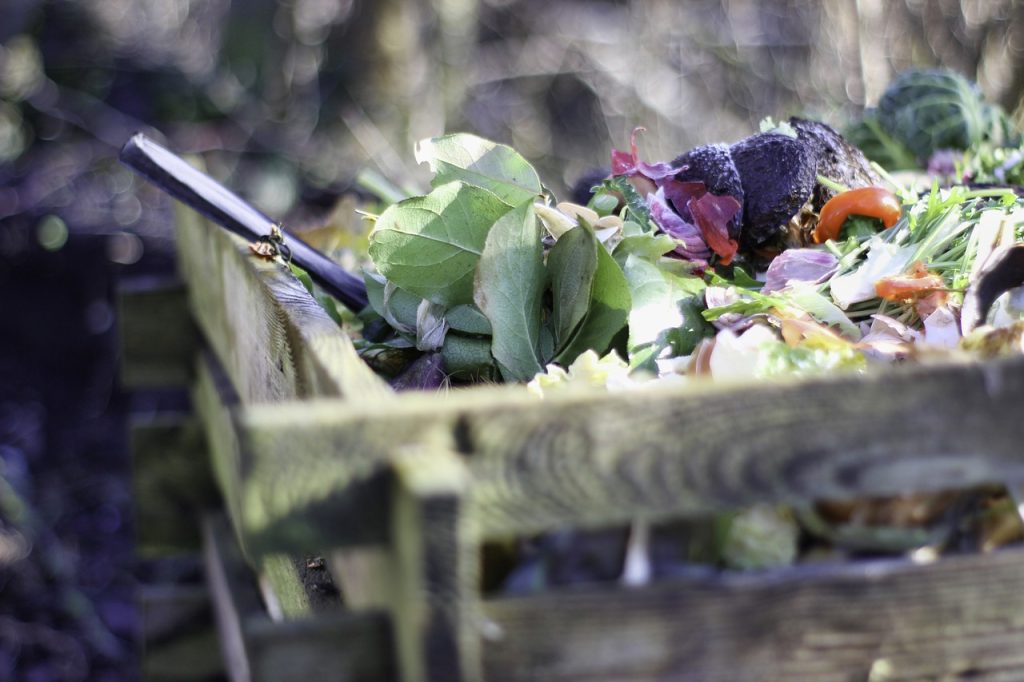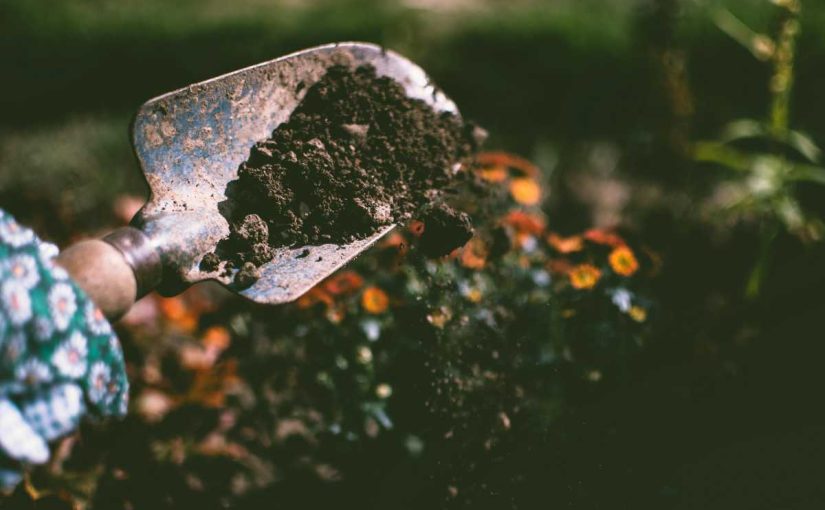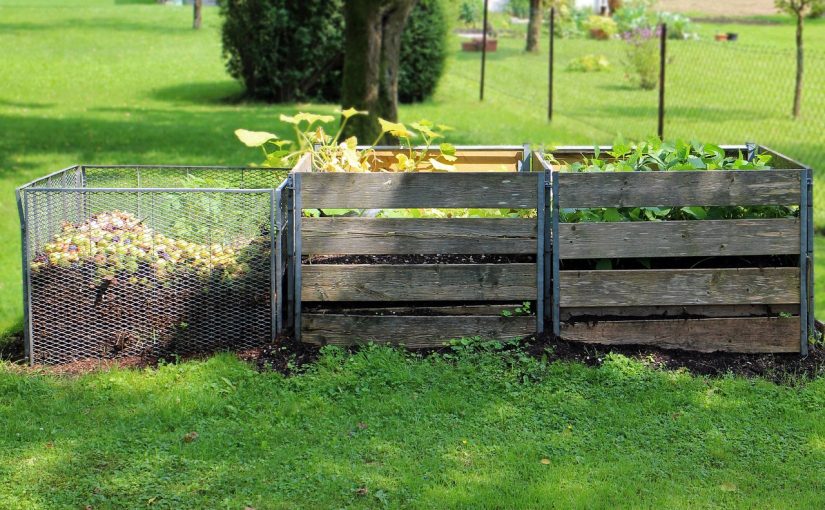Composting is an excellent way to recycle organic waste and create nutrient-rich soil for your garden. However, sometimes your compost pile may not decompose as quickly as you’d like. If your compost pile is slow to break down, it could be due to several factors, such as poor aeration, incorrect moisture levels, or an imbalance between nitrogen and carbon-rich materials. Understanding the common issues and knowing how to address them can speed up the decomposition process and help you create high-quality compost faster.
In this guide, we’ll explore the most common reasons why your compost pile might be slow and provide practical tips for troubleshooting and accelerating the decomposition process.
1. Incorrect Moisture Levels
Problem:
Composting requires a balance of moisture to keep the microorganisms in the pile active. If your compost is too dry, the microorganisms won’t be able to break down the organic matter properly. On the other hand, if the pile is too wet, it can become compacted, leading to anaerobic conditions (without oxygen), which slows down decomposition.
Solution:
- Aim for a moisture level that feels like a wrung-out sponge—moist but not dripping wet.
- If your compost is too dry, add water gradually while mixing the pile. You can also add moist materials like fruit scraps, coffee grounds, or grass clippings.
- If your compost is too wet, add dry carbon-rich materials (like straw, shredded leaves, or cardboard) to absorb the excess moisture. Turn the pile to allow for better airflow and help the moisture disperse.
2. Poor Aeration (Lack of Oxygen)
Problem:
Composting is an aerobic process, meaning it requires oxygen to break down organic material efficiently. If your compost pile is compacted or doesn’t get enough airflow, the microorganisms responsible for decomposition won’t thrive, and your pile will decompose more slowly.
Solution:
- Turn the compost pile regularly to introduce oxygen and mix the materials. Aim to turn it every 2-3 weeks.
- If your compost is large and dense, consider using a compost aerator or pitchfork to loosen the material.
- Ensure the pile is not too tightly packed. If needed, make smaller piles to improve airflow.
3. Imbalance of Green and Brown Materials (Carbon to Nitrogen Ratio)
Problem:
For a compost pile to break down efficiently, it needs a balance between carbon-rich “brown” materials (such as leaves, straw, or cardboard) and nitrogen-rich “green” materials (like food scraps, grass clippings, and coffee grounds). Too much of one type can slow down decomposition. A typical ideal ratio is about 25:1 or 30:1, with carbon (brown) to nitrogen (green).
Solution:
- If your compost pile is too rich in nitrogen (greens), it may be too wet and smellier than usual. Add more carbon-rich materials (browns) to balance it out.
- If your compost pile is too rich in carbon (browns), it may be too dry and slow to decompose. Add more nitrogen-rich materials (greens), such as fresh grass clippings, vegetable scraps, or coffee grounds.
- When adding new materials, mix them together to create a well-balanced pile from the start.
4. Too Much of One Material
Problem:
While variety is key to a successful compost pile, sometimes adding too much of a single material can slow down the process. For example, if you add too many large woody materials (like thick branches or logs), the pile may not decompose quickly. Similarly, too much citrus peel can make the pile too acidic, slowing down the process.
Solution:
- Add a variety of materials to your compost, ensuring a good mix of greens and browns.
- Chop up larger materials like branches, twigs, or thick stems to allow for quicker breakdown.
- If you’re using citrus peel, limit the amount, as high acidity can inhibit the growth of beneficial microorganisms.
5. Low Temperature in the Pile
Problem:
If your compost pile is too cold, decomposition will slow down significantly. Microorganisms responsible for breaking down organic material need warmth to work efficiently, and temperatures below 40°F (4°C) can significantly slow the process.
Solution:
- If you’re composting in colder climates, consider using a compost bin with insulation or build a larger pile, as bigger piles retain heat better.
- Keep the pile in a sunny location to take advantage of natural warmth. Alternatively, try adding warm materials (like kitchen scraps) to raise the temperature.
- If you need to speed up the process in the winter, try a composting accelerator or activator to introduce more heat.
6. Too Little or Too Much Moisture in the Pile

Problem:
The moisture level in your compost pile is one of the most important factors for decomposition. Too much moisture leads to anaerobic conditions and an unpleasant smell, while too little moisture means the microorganisms can’t break down materials properly.
Solution:
- To ensure proper moisture, add water gradually until the pile feels moist but not soggy.
- For a dry pile, try adding wet kitchen scraps, leaves, or grass clippings to introduce moisture.
- If the pile is too wet, increase airflow and add dry materials such as shredded paper, sawdust, or dried leaves to help balance the moisture.
7. Lack of Microorganisms
Problem:
Microorganisms are essential for breaking down organic material in your compost pile. If your compost doesn’t have enough of the right microorganisms, decomposition will slow down or even stop.
Solution:
- To jump-start the decomposition process, you can introduce composting worms or “compost starters” or activators that contain beneficial microorganisms.
- Adding finished compost or soil to your pile can also help introduce beneficial microbes that speed up decomposition.
- Keep your compost pile moist and turn it regularly to help create an environment where microorganisms can thrive.
8. Pile Size and Structure
Problem:
Compost piles that are too small may not generate enough heat to decompose efficiently. On the other hand, piles that are too large may become too compacted and prevent proper airflow, slowing decomposition.
Solution:
- Aim for a compost pile that’s at least 3 feet by 3 feet (1 meter by 1 meter) in size. This ensures that the pile generates enough heat to break down organic matter efficiently.
- For larger piles, make sure to turn and aerate regularly. Consider building a compost bin to keep the pile from spreading out too thinly.
Conclusion
A slow compost pile can be frustrating, but by identifying and correcting the issues, you can get your composting process back on track. Ensure a balanced mix of carbon and nitrogen, keep the pile moist and aerated, and avoid overloading it with any one material. By making these adjustments, you’ll help your compost pile break down more efficiently, providing you with rich, nutrient-packed soil for your garden in less time.
Happy composting!



